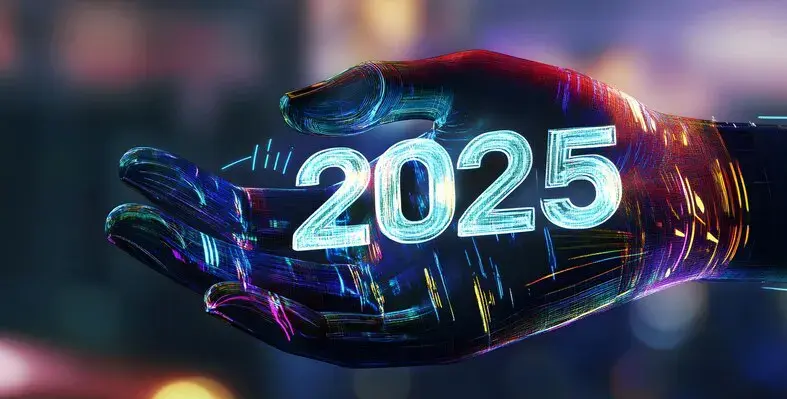KnowBe4, a globally renowned cybersecurity platform specialising in human risk management, has unveiled its cybersecurity predictions for 2025, curated by its team of international experts
In 2024, cyber threats evolved at an unprecedented pace, largely fueled by the growing use and popularity of AI tools. While these tools empower cybersecurity professionals to strengthen their defences, they also equip cybercriminals to refine and enhance their attack strategies, making them harder to detect.
AI Continues to Shape Cybersecurity
Advancements in AI will drive innovation on both sides of the cybersecurity spectrum. AI-powered tools for defence will improve threat detection and response capabilities, leveraging the technology's ability to process large volumes of data, identify anomalies, and enhance detection accuracy. This evolution will significantly aid cybersecurity teams.
Conversely, attackers are also harnessing AI to craft more sophisticated methods, such as targeted social engineering campaigns that exploit emotions and specific vulnerabilities. These AI-driven tactics will blur the lines between authentic and malicious content, intensifying the ongoing battle between defenders and attackers.
Persistent Ransomware Threats
Ransomware will remain a prominent challenge due to the collaboration between ransomware groups and initial access brokers. To counteract this, AI-based tools capable of monitoring networks and detecting unusual encryption processes will gain popularity, minimising the impact of ransomware attacks.
Focus on the Human Element
Organisations will increasingly prioritise security awareness training and simulated phishing exercises to address human risk factors. As cybercriminals refine their social engineering techniques, creating personalised and effective attacks, companies must balance maintaining vigilance with avoiding phishing fatigue. Adaptive, relevant training will play a vital role in fostering a positive security culture.
Advances in Deepfake Detection
The year 2025 will bring significant improvements in deepfake detection technologies, making them more accessible and effective. However, cybercriminals are expected to exploit deepfakes and disinformation to accelerate extortion, mask other attacks, and harm reputations.
Adopting Zero-Trust and Cyber-Mindfulness
A zero-trust mindset and cyber-mindfulness will gain traction as proactive cybersecurity strategies. Organisations will emphasise critical thinking and a vigilant attitude among employees, treating every user and device as potential threats. This approach will help mitigate internal risks while fostering a culture of scepticism and awareness.
Cybercrime and Human Trafficking in Africa
Africa faces an alarming rise in cybercrime linked to human trafficking, with criminals exploiting the region’s youth through fraudulent job offers. This disturbing overlap is expected to worsen in 2025, as cybercriminals leverage economic hardships and limited digital literacy to increase targeted scams such as romance and employment fraud.
“The cybersecurity landscape is rapidly evolving, and the dynamic between defenders and attackers has never been more complex,” said Stu Sjouwerman, CEO of KnowBe4. “As we enter 2025, we must embrace the potential of AI to enhance our defences and protect organisations globally. At KnowBe4, we are dedicated to staying at the forefront of this evolution, providing human risk management tools and tactics to protect organisations against sophisticated threats. It is a continuous journey of innovation and adaptation.”






















